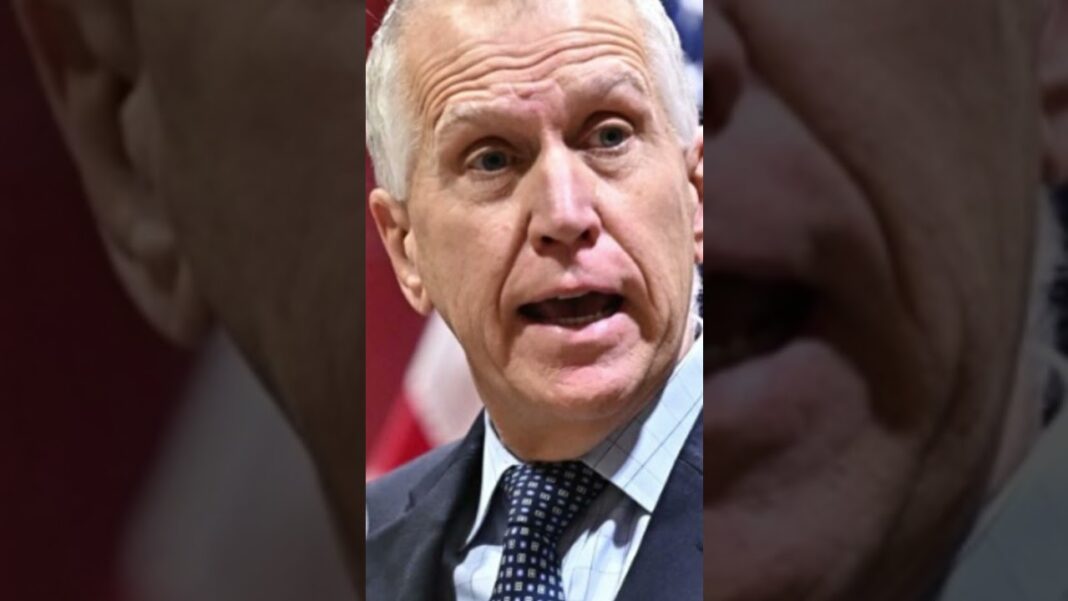GOP Sen. Chuck Grassley wrote that he believes that whoever leads the bureau must ‘chart a new course.’
A leading Republican senator who is in line to become the Senate Judiciary chairman said that President-elect Donald Trump’s choice to head the FBI, former national security official Kash Patel, must restore Americans’ confidence in the federal law enforcement bureau.
On Nov. 30, Trump announced his nomination of Patel, who has backed the president-elect’s assertions about how government officials have weaponized agencies against his administration.
Sen. Chuck Grassley (R-Iowa), who is set to become the Senate president pro tempore when Republicans take control of the chamber in January, wrote on social media platform X that Patel “must prove to Congress he will reform [and] restore public trust in FBI.”
The senator said that current FBI Director Christopher Wray, named by Trump in 2017 to a standard 10-year term, “has failed at fundamental duties” and that anyone who leads the agency has to “chart a new course” for transparency and accountability.
Trump’s nomination of Patel means that Wray must either resign or be fired after Trump takes office on Jan. 20, 2025. There has been no indication that Wray is looking to step down from the role.
“Every president wants people that are loyal to themselves,” Sen. Mike Rounds (R-S.D.) told ABC News, adding that he does not have “any complaints” about how Wray has “done his job right now.”
A president has “the right to make nominations,” Rounds said, before noting that the job is normally for 10 years, a length meant to insulate the FBI from the political influence of changing administrations. Trump has been critical of the FBI, namely after agents searched his Mar-a-Lago residence in Florida for classified documents, ultimately resulting in the appointment of a special counsel to bring criminal charges against him.
“We’ll see what his process is, and whether he actually makes that nomination,“ Rounds said. ”And then, if he does, just as with anybody who is nominated for one of these positions, once they’ve been nominated by the president, then the president gets, you know, the benefit of the doubt on the nomination, but we still go through a process.







